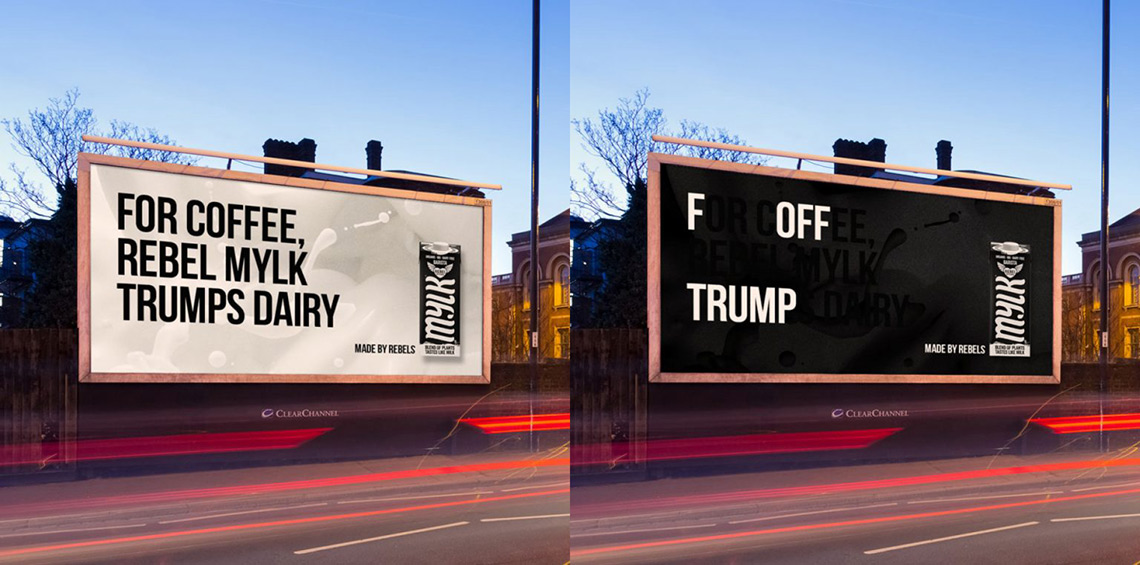Quality does not have to be expensive
In its current Christmas campaign, Aldi France is conducting a taste test with consumers - and letting them run wild on camera.
-1-2-screenshot.jpg)
In psychology, the "price-quality relationship" describes the tendency of people to perceive higher quality in a more expensive product. The discount retailer Aldi is primarily known for its low prices, but not for the quality of its products. In order to counteract this - often misleading - price perception, the discount retailer has therefore decided to conduct a study that shows precisely this price-quality relationship in order to teach consumers better. After all, especially on holidays, quality products can be enjoyed without having to dig too deep into one's pocket.
To this end, a study was conducted by Ipsos France in September 2020. The 313 participants were presented with three products at three different prices for tasting. What they did not know was that all the products were the same Aldi product. The results supported the theory of the price-quality relationship: on average, 81 percent of respondents preferred the product if the price shown was the most expensive.
Based on the results of this study - and the astonished, embarrassed expressions on the faces of the participants - Ogilvy France developed the integrated communication campaign "The real surprise at Christmas": Good things don't always have to be expensive.








